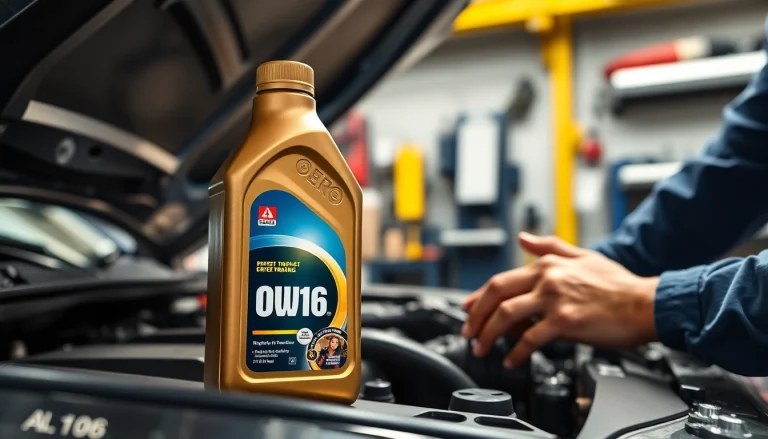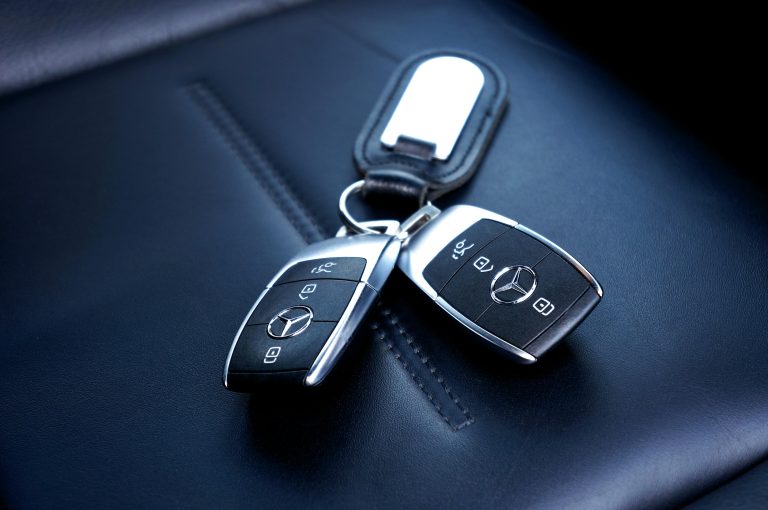
Understanding Truck Keys
When it comes to operating a truck, the keys are an essential component that many overlook. Understanding Truck Keys isn’t just about knowing how to unlock your vehicle; it also involves recognizing their unique features and functions that ensure the seamless operation of heavy-duty vehicles. This comprehensive guide will delve into the various aspects of truck keys, including their types, functionality, and the common issues associated with them.
What are Truck Keys?
Truck keys are specialized keys designed specifically for trucks, differing significantly from regular car keys. These keys can either be traditional metal keys used for ignition or advanced electronic keys incorporating sophisticated technology. Truck keys secure the vehicle against theft and provide access to its various features, such as locking systems and electronic ignition.
Types of Truck Keys
Truck keys can be categorized primarily into two types: traditional cut keys and electronic keys.
- Traditional Cut Keys: These are often made of metal and feature unique cuts that align with the truck’s ignition. They can be duplicated at most hardware stores, provided you have an original key available.
- Electronic Keys: These include transponder keys and key fobs that come with advanced security features. They are equipped with chips that transmit a unique signal to the vehicle’s ignition system, making them difficult to duplicate and enhancing the vehicle’s security.
How Truck Keys Work
The functionality of truck keys is contingent upon their design. Traditional keys work by physically engaging the ignition system, while electronic keys communicate via encrypted signals. The truck’s onboard computer becomes enabled only when the correct signal is received, preventing unauthorized access.
Common Issues with Truck Keys
Like any component of a vehicle, truck keys can face various issues that may hinder their functionality. Understanding these issues allows truck owners to take preventative measures and manage potential concerns effectively.
Key Malfunctions
Key malfunctions can stem from several factors, including wear and tear, physical damage, or electronic failures. For instance, a traditional key may wear down after repeated use, making it difficult to turn the ignition. Similarly, an electronic key could fail to transmit signals if its battery is low or if there’s an internal malfunction.
Signs of a Worn-Out Key
Identifying the signs of a worn-out key is crucial. Common indicators include:
- Difficulty in turning the key in the ignition.
- Visible wear or smoothness on the key’s surface.
- Intermittent failure of electronic functions, such as remote locking.
Addressing these signs early can help prevent larger issues down the road.
Preventative Measures
Taking good care of your truck keys can mitigate many common issues. Here are a few preventative measures:
- Have a spare key made so that you are never left without access to your truck.
- Regularly inspect your keys for signs of wear or damage.
- Store electronic keys away from electronic devices that may interfere with their signal.
Replacement Options for Truck Keys
At some point, you may find yourself in need of a replacement for your truck keys. There are various options available to address this necessity.
Where to Get Truck Keys Replaced
Truck keys can be replaced at several locations, depending on their type. Traditional keys can often be duplicated at hardware stores or locksmiths. However, electronic keys typically require special programming and are best replaced through dealerships or authorized service centers that have the appropriate equipment.
Cost Considerations
The cost for replacing truck keys varies based on the key type. Traditional metal keys are relatively inexpensive, often costing just a few dollars. In contrast, electronic keys can range significantly, with prices typically starting at around $50 and potentially going up into the hundreds for advanced models that require programming.
DIY vs Professional Replacement
While duplicating a traditional key can be a straightforward DIY task, electronic keys require professional assistance to ensure they are programmed correctly. It’s essential to weigh your comfort level with DIY tasks against the potential risks of improper key replacement.
Innovations in Truck Key Technology
As technology advances, truck key systems are evolving in response to new security needs and user convenience. Understanding these innovations can provide truck owners with valuable insights into maintaining and enhancing their vehicle security.
Smart Keys for Trucks
Smart keys have gained popularity in the automotive industry, including trucks. These keys allow for push-button starting and can often be programmed to perform various functions, such as automatically unlocking the doors when the owner approaches the vehicle. This technology improves accessibility and enhances security features.
Tracking and Security Features
Newer truck key models may include tracking features that help locate the vehicle in case of theft. Additionally, advanced encryption methods are being deployed to increase the security of keyless entry systems, making it more difficult for unauthorized individuals to access your truck.
Future Trends in Truck Keys
Looking ahead, the truck key landscape is poised for further technological advancements. Innovations such as biometric security systems, which use fingerprints or facial recognition, may redefine how truck keys work. Additionally, the integration of connectivity features for facilitated tracking and management could redefine owner control over their vehicles.
Maintaining Your Truck Keys
Proper maintenance of your truck keys can prolong their life and maintain their functionality. Here are some best practices to keep in mind.
Cleaning and Care Tips
Cleaning your keys regularly is important, especially for electronic keys that may have buttons or screens. Use a soft cloth to wipe away dirt and grime, and ensure that any moisture is dried promptly to prevent internal damage.
Best Practices for Key Longevity
To extend the lifespan of your truck keys, consider the following practices:
- Avoid using excessive force when turning the key in the ignition to prevent internal damage.
- Store electronic keys in a protective case to minimize the risk of damage.
- Replace batteries in electronic keys as soon as they show signs of low power.
Handling Lost or Damaged Keys
If your truck keys are lost or damaged, prompt action is essential. For lost keys, check local lost and founds and report the issue to your trucking company if applicable. For damaged keys, determine if a simple repair is possible, or consider replacement options based on the key type. In cases of theft, ensure you communicate with local authorities and change any necessary security components to protect your vehicle.






